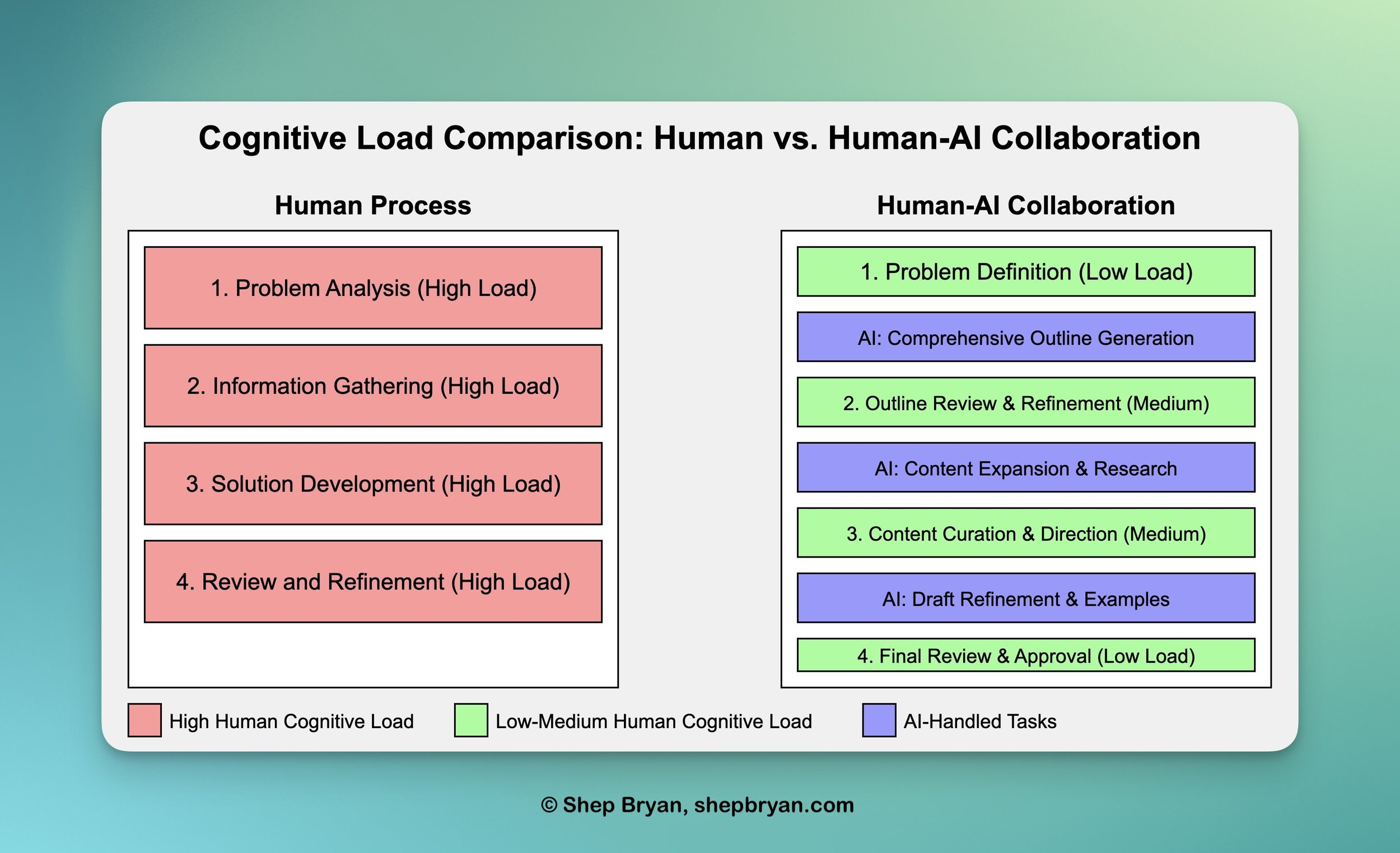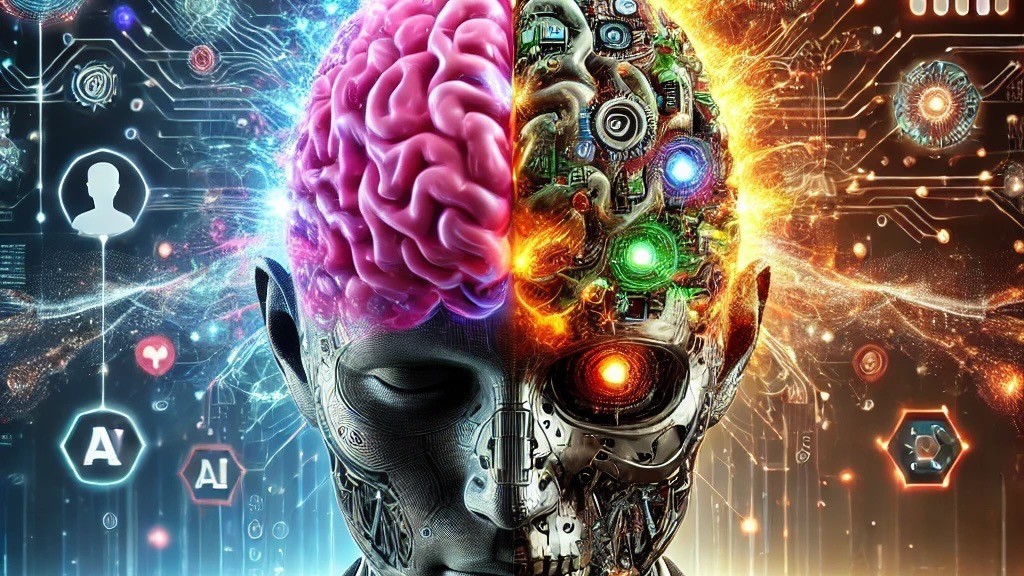Artificial Intelligence (AI) is rapidly transforming how humans engage with information and perform cognitive tasks, but this shift raises important questions about its impact on brain activity and thinking processes. Recent research highlights both the benefits and potential cognitive costs of relying on AI tools, particularly in the context of cognitive offloading—the delegation of mental tasks to external technologies.
AI’s Impact on Brain Activity and Memory
A recent study by MIT Media Lab found that using AI tools during tasks such as essay writing can reduce brain activity associated with engagement and memory. Users who relied on AI showed less recall ability and diminished connectivity between brain regions compared to those who completed tasks manually. This suggests that AI use may lead to cognitive offloading, where individuals depend less on their own cognitive resources, potentially weakening memory encoding and retrieval pathways. This phenomenon aligns with the Extended Mind Theory (EMT), which posits that cognition extends beyond the brain into the tools we use. AI systems, by acting as external cognitive aids, can both augment and replace certain cognitive functions, altering the traditional boundaries of human thinking.
Cognitive Offloading: Benefits and Risks
Cognitive offloading through AI can provide immediate benefits by saving mental effort and freeing cognitive resources for more complex tasks. For example, AI-powered smartphones and assistants help users store, update, and access vast amounts of information, enabling them to function as “always-updated knowledge professionals” without relying solely on memorized facts. This distribution of cognition can enhance productivity and problem-solving efficiency.
However, the downside is significant. Overreliance on AI may lead to reduced mental engagement, diminished critical thinking, and erosion of core cognitive skills such as memory, attention, and decision-making. Studies indicate that heavy dependence on AI for tasks like note-taking, reminders, and information retrieval can weaken neural pathways involved in memory and reduce the ability to concentrate deeply or think independently. This cognitive atrophy, sometimes called AI-Chatbot-Induced Cognitive Atrophy (AICICA), reflects a decline in human cognitive capabilities due to excessive delegation to AI tools.

AI and Decision-Making
AI’s influence extends beyond memory and engagement to affect decision-making processes. Research shows that AI’s automation of repetitive tasks and provision of instant answers can lead to a loss of human decision-making power and analytical thinking. This shift may cause people to become “lazy” in their cognitive efforts and less capable of using their reasoning skills effectively. The reduction in real-time social and educational interactions, partly due to AI-mediated environments, further diminishes opportunities for cognitive development and critical thinking.
Balancing AI Use and Cognitive Health
Experts emphasize that AI is a tool, not a replacement for human cognition. The key lies in how individuals integrate AI into their cognitive ecosystem. Responsible use involves leveraging AI to augment thinking—freeing mental resources for creativity and complex problem-solving—while maintaining active engagement in learning and memory tasks. Developing metacognitive awareness and critical thinking skills is essential to prevent cognitive decline and ensure AI acts as a cognitive enhancer rather than a crutch.
Conclusion
AI’s impact on human brain activity and thinking is multifaceted. While AI tools offer unprecedented cognitive support and efficiency, their overuse risks reducing brain engagement, memory capacity, and decision-making abilities. As AI becomes increasingly embedded in daily life, it is crucial to strike a balance that harnesses AI’s benefits without compromising fundamental cognitive functions. Future research and education should focus on fostering this balance to safeguard human cognition in an AI-enhanced world.
This article integrates findings from recent studies and theoretical frameworks to provide a nuanced understanding of AI’s cognitive implications, highlighting both its transformative potential and the challenges it poses to human brain activity and thinking

